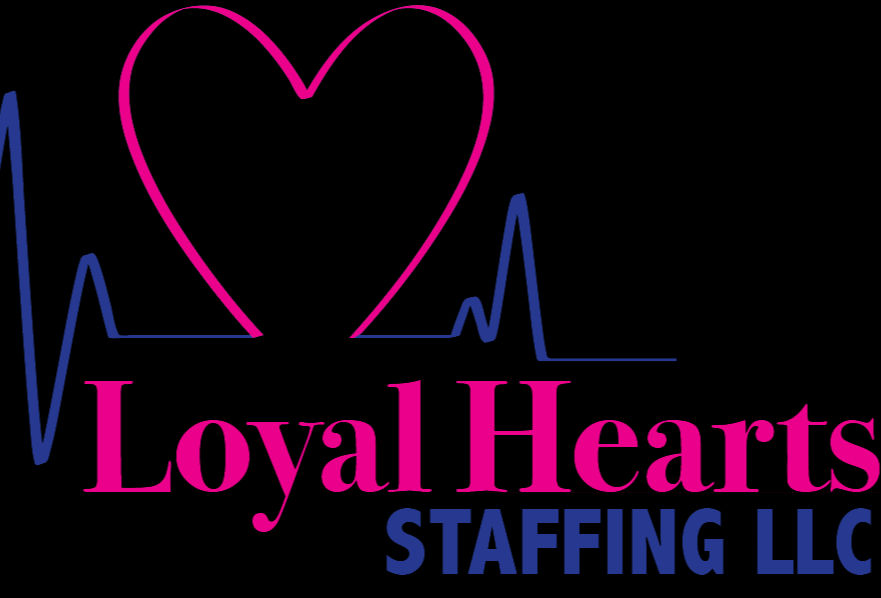Nursing Skills: Psychological and Emotional Skills Needed to Be a Good Nurse
- April Swanson

- Apr 10, 2023
- 3 min read
Have you ever wondered what skills it takes to be a good nurse? As nurses, our job is not limited to providing physical medical care and administering medications to patients. It is also important to develop psychological and emotional skills that allow us to connect with them on a deeper level, understand their needs and provide them with the best care possible.
Among these skills, empathy is one of the most essential. In our work as nurses, it is vital to possess empathy, that is, to be able to put ourselves in the other person’s shoes. This skill allows us to put ourselves in the patient’s shoes and understand their needs, both physical and emotional. In this way, we can establish close and trusting relationships with our patients, which helps to reduce the stress and anxiety they may be experiencing. Empathy is fundamental to providing comprehensive and quality care to our patients, and it is a skill that is cultivated day by day in our professional practice.
Effective communication and active listening skills are also vital skills for any nurse. This involves the ability to actively listen, communicate clearly, and convey complex information in a simple and understandable manner. Patients need to feel heard and understood, so listening skills are essential. In this regard, it is important to ask pertinent questions to understand their needs better. In addition, communicating effectively is crucial in our daily work. Patients can be overwhelmed by medical terminology, and it is our responsibility as nurses to speak in clear and friendly language. Likewise, it is important that we share accurate and concise information with the patient and family members. Combining effective listening and communication skills is critical to providing quality, comprehensive care to our patients.
In addition to empathy and effective communication, emotional intelligence is a fundamental skill for success in nursing work. Emotional intelligence enables us to recognize our own emotions, as well as the emotions of our patients and colleagues, and manage them effectively. In the healthcare environment, nurses face emotionally intense situations on a regular basis, and we need to be able to control our emotions in order to survive and thrive in our day-to-day lives. Staying calm under pressure, tolerating stress and uncertainty are skills we must develop to provide quality care to our patients. By combining our emotional intelligence and emotion management skills, we can provide comprehensive and compassionate care to our patients at all times.
Conflict resolution and teamwork are essential skills in nursing. Nurses work in multidisciplinary teams, which means they must be able to collaborate with other healthcare professionals to provide quality patient care. The ability to resolve conflicts effectively can also improve the quality of patient care and prevent nursing staff demotivation. Another skill to develop as nurses is leadership. We must be leaders in our field and guide other members of the health care team. It is our responsibility to make critical decisions, set clear goals and communicate them effectively to ensure the best possible care for our patients. As leaders, we must also be able to motivate and support our team at all times, even during stressful and high-pressure situations.
Finally, time management and the ability to prioritize tasks are crucial skills to fulfill the responsibilities of nursing staff. Nurses must be able to handle multiple tasks at once and prioritize patient care according to the needs and urgency of cases. Proper time management can also reduce nursing staff stress and fatigue, which can improve the quality of patient care and job satisfaction.
In summary, the nursing practice requires not only technical skills and scientific knowledge but also psychological and emotional skills. Empathy, effective communication, emotional intelligence, conflict resolution, teamwork, time management, and the ability to prioritize tasks are fundamental skills to provide quality patient care and ensure job satisfaction for nurses. It is important for nurses to develop these skills throughout their careers to lead in their field and provide the best possible patient care.








Comments